IT project managers plan and conduct complex technological projects, such as infrastructure upgrades and technical installations. They have to make sure that the project operates under budget and on time.
This article will discuss the responsibilities, requirements, and job prospects of being an IT project manager in detail.
Let’s read on to discover!
Job Description
An IT project manager is a person who is responsible for project planning, implementing, and assigning tasks related to a firm’s information technology (IT) mission and goals.
Because almost every business relies on computer technology, IT project managers can operate in various categories. To oversee the execution of large-scale projects, many companies set up an IT project management office (PMO).
IT project managers support business directions linked with specific projects to allocate resources based on those aims.
Project members frequently work in different teams and offices. The IT project manager’s job is to guarantee that the team will complete the projects on budget and time.
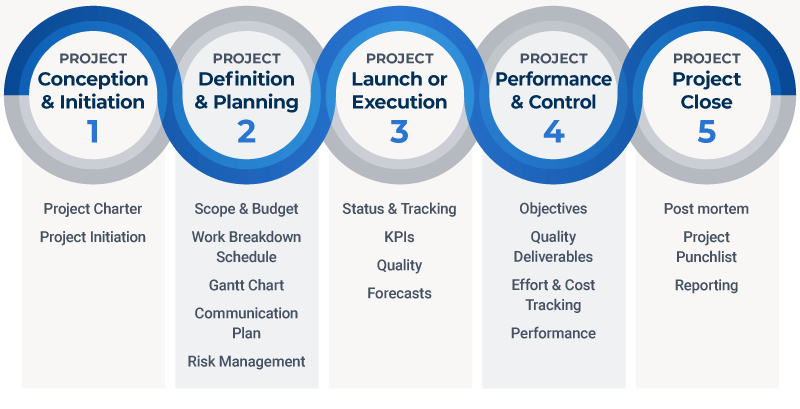
Responsibility Based On The Project Stages
A project often consists of five different stages. In each stage, the IT project manager is in charge of specific tasks.
1. Conception & Initiation
The project team gathers and identifies the project goals. The IT project manager has to develop the project chart, as well as confirming stakeholders.
2. Definition & Planning
This stage requires a lot of focus and time. The responsibilities of IT project managers are:
- Create a project management strategy.
- Establish and maintain scope, as well as developing a WBS (work breakdown structure) and requirements.
- Define, plan, and develop timeframes, tasks, estimating durations and resources.
- Cost management and estimation, as well as budgeting.
- Create a detailed plan and establish quality standards.
- Assess and plan for human resource requirements.
- Develop communication strategies.
- Plan and detect possible risks, conducting qualitative and quantitative risk analyses, and devising risk reduction measures.
- Find and plan for needed procurement activities.
- Plan for stakeholder requirements.
3. Project Execution
In the execution stage, IT project managers are responsible for:
- Aim and supervise all the tasks.
- Execute all elements of quality administration.
- Choose, train, and monitor the project staff.
- Handle communications.
- Take steps to secure the necessary purchases.
- Support the expectations of all stakeholders.
4. Performance & Control
An IT project manager has to monitor and control all the aspects of the project:
- Monitor and regulate the project’s progress, as well as handling any modifications when necessary.
- Verify and monitor the project’s scope.
- Monitor the project’s scope.
- Keep project expenses in control.
- Keep an eye on the quality of the deliveries.
- Monitor stakeholder and team communications.
- Monitor procurements.
5. Project Close
At the end of each project, IT project managers close all the procurements and projects.
Education Program
Successful project managers have to equip themselves with knowledge and skills. They can obtain these requirements from universities and training courses.
Because an IT project manager appears to be a mid-level profession, these individuals should earn a bachelor’s degree as well as skill certifications and job experience.
Since certain organizations demand postgraduate degrees, IT project managers acquire master’s degrees.
Degrees in IT, computer science, computer security, or a similar subject are available to those engaged in this position. These programs educate students about the demands of working in this role and in the IT business.
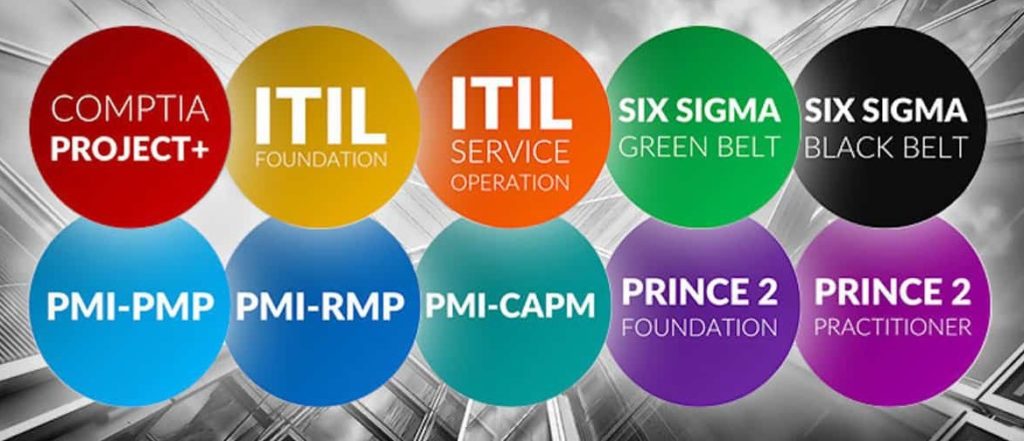
People without a degree might pursue cybersecurity, network security, or PM (project management) certificates.
Some companies may consider relevant job experience and expert qualifications in replacement of educational requirements.
Training & Certifications
In the field, IT project managers frequently study company-specific technologies and methods. The training is often a part of the onboarding procedure, which might occur within the first month’s work.
Besides, there are many other training certifications available for candidates to enhance their skills.
Project Management Institute
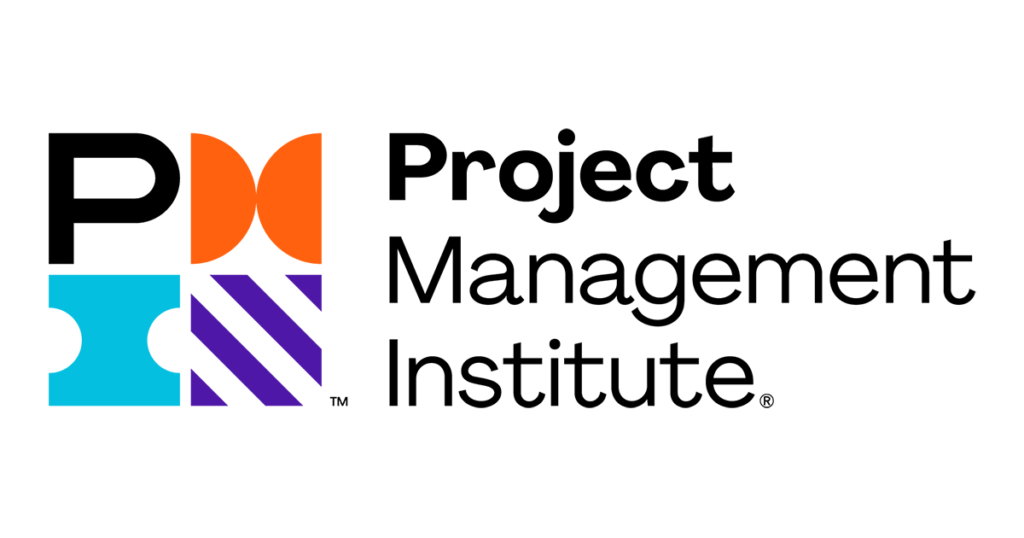
The Project Management Institute (PMI) is a non-profit organization dedicated to project management. It’s a well-known not-for-profit membership organization for project managers.
The institution’s goal is to give resources, a community, and best practices to individuals who want to carry out their job and assets effectively.
PMI includes a diverse set of qualifications and certificates, with something to suit everybody’s demands.
PMI offers entry-level and specialized certification programs that particularly assist professionals in identifying their abilities and expertise and then applying it to advance their professions.
PRINCE2 Certification
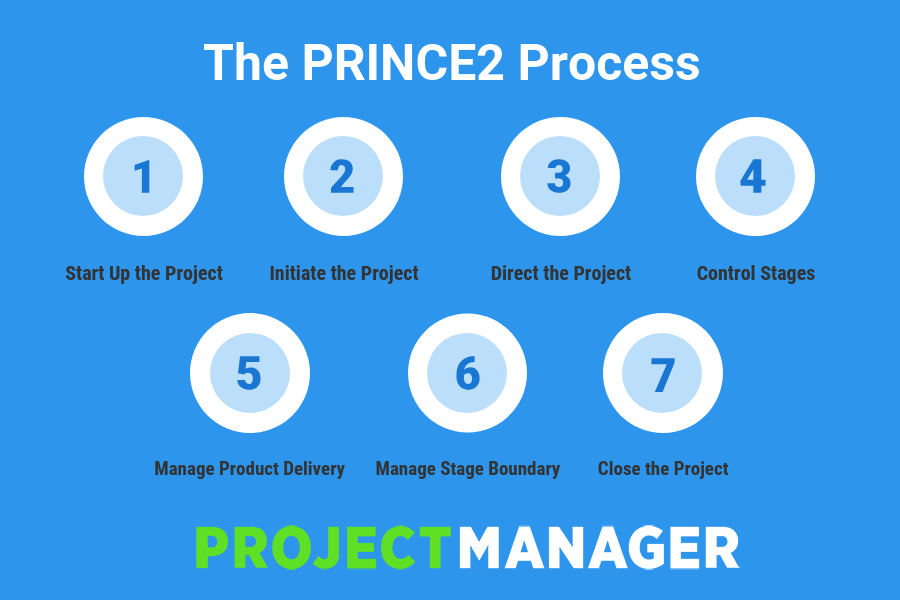
The PRINCE2 technique is a project management system. If you intend to work in the United Kingdom, you should consider taking this course. There are two levels in this program: Foundation and Practitioner.
The Foundation level confirms your fundamental knowledge. There are no qualifications for taking this test. However, you should have prior PM experience.
This credential does not qualify you to be a project manager, but it does allow you to work in teams that employ PRINCE2 as a project management methodology.
The second level determines whether the IT project manager can apply the PRINCE2 technique in real-world situations.
If you intend to work with PRINCE2, this certificate is perhaps the essential one you can obtain. The certification qualifies you to work as a project manager who can implement PRINCE2 approaches.
Project Management Skills
The IT project manager position requires a set of hard skills and soft skills. Here are some of the essential notes out of them.
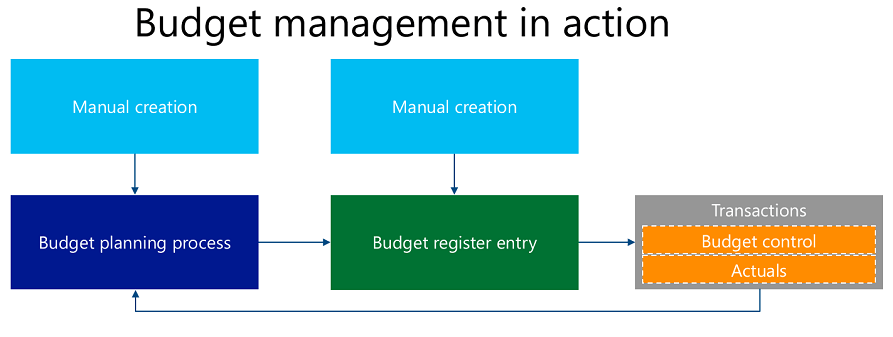
Project management skills are crucial to be an IT project manager. It would be best to master these skills to stand out among the candidates.
Budget management
Every project does have a budget. The IT project manager’s responsibility is to develop the budget plan and ensure that the entire team follows and adheres to it.
Process management
All of the business procedures require process management. Billing, employee evaluations, reports, and assessments are all examples.
Mapping timeline
The timeline demonstrates the project’s progress. The IT project manager needs to keep track of the schedule effectively to make sure the project is running on the right track.
Technical writing
The IT project manager is in charge of developing a plan, producing deliverables, and concisely offering the budget and schedule.
Strategic planning
Strategic planning is a type of advanced strategy that considers where a project’s assets will derive from, support it and handle problems.
IT Architecture
The IT project manager should be competent with current IT platforms and processes and how the project will fulfill the company’s goals.
If the project includes SSD and in-memory databases, the IT project manager should understand what benefits these methods will bring to the firm and how they differ from other types of storage.
Metrics for IT quality assurance
The quality criteria that the final systems have to fulfill are a crucial component of every IT project. The IT project manager should be aware of the concerns’ metrics and how the systems can satisfy them.

Soft skills play an equally vital role in project management. Some of the most important soft project management skills for IT project managers are:
Problem-solving
Problems arise no matter how well a project manager prepares or how excellent their project team is. Problem-solving is a crucial project management competence that aids in the resolution of various issues.
The IT project manager should gather data and devise a solution that is acceptable to all involved parties. It’s vital to have an organized technique for problem-solving.
Time management
Every project does have a due date. Each job inside the project has a time frame as well. To operate the project smoothly and on schedule, the IT project manager must have practical time management skills.
Creating a timetable and ensuring that the whole team has been working to satisfy objectives throughout the process is frequently the responsibility of the IT project manager.
Negotiation
Negotiation skills are critical throughout a project. You may need to debate with a supplier over-pricing or with stakeholders over their goals versus what your team can really do.
Diplomacy is a critical part of the negotiation. It allows you to gently push back when necessary while also giving all involved the perception that they receive what they really want.
Teamwork
An IT project manager has to bring the whole team together. The manager will lead the team to achieve its missions and objectives with excellent teamwork skills.
An IT project manager should also be the one to motivate their teammates. Identifying what the co-workers need and how to cope with them is crucial for any working environment.
Essential Software and Tools
IT project managers have to handle a lot of tasks at the same time. They need some assistant tools to help them lead the project easier.
Asana
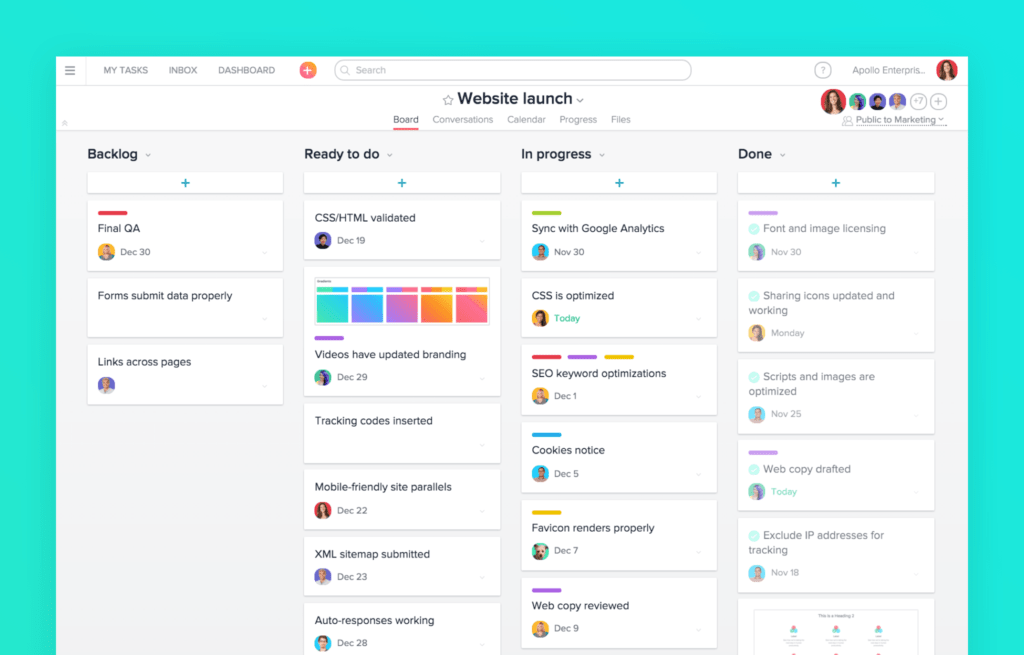
For simplicity of use and a user interface, Asana clearly surpasses competing project management tools. It’s jam-packed with capabilities, yet getting started and onboarding your team only takes a moment.
Asana is among the best selections for IT project managers that want sophisticated customization possibilities.
It’s simple to see why it rates so high. Asana’s automation capabilities are more efficient than those of its competitors. The project management tool is also affordable and flexible enough to fit your company.
Plus, its unlimited plan is valuable. The IT project manager will feel free to utilize the tool.
Backlog
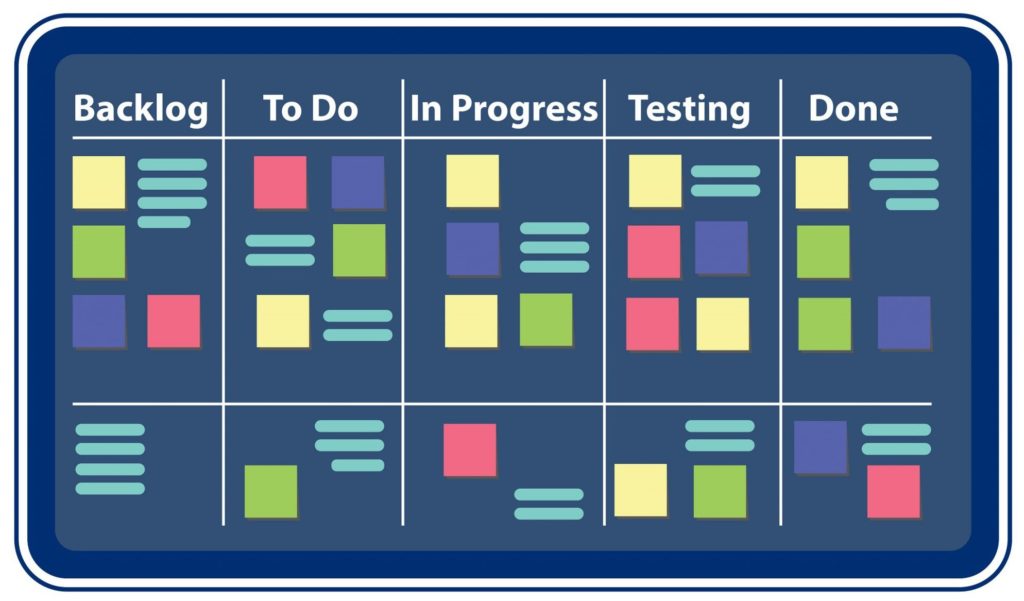
A backlog comes from the rapid project management approach and refers to a list of actions that a project team has to accomplish.
IT project managers can assign the tasks to certain human resources.
They can organize the backlog from the most critical activities to those that are optional but still important to complete the project.
Project members may use the backlog to track their duties and how much time they plan to allocate to each job.
This project management approach is common in software projects and by customer service teams.
Bitrix24
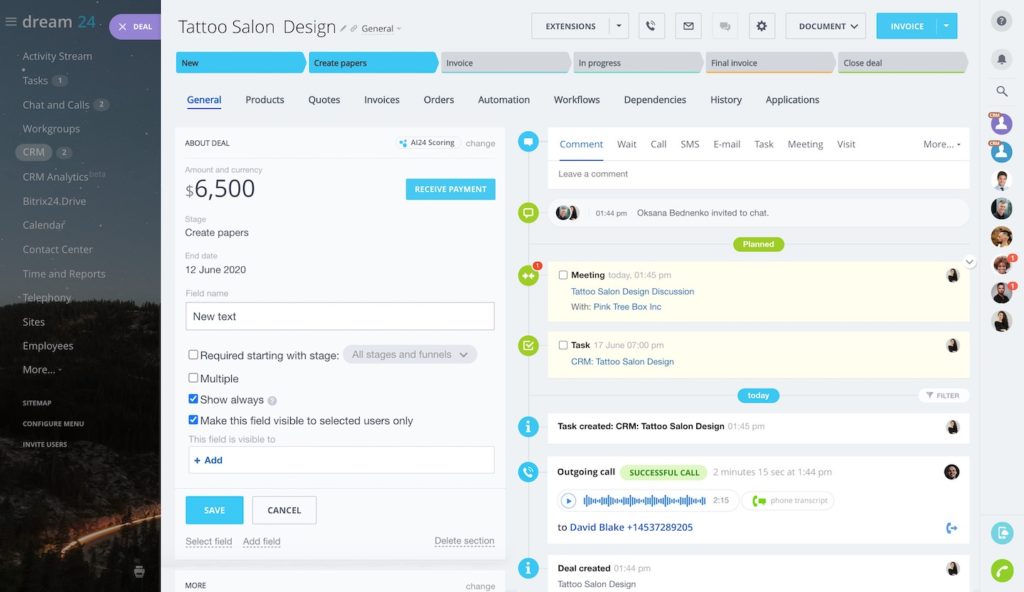
Bitrix24 is an IT project management application that allows you to handle all of your data in one place and integrate your team’s interaction.
Bitrix24 assists you in organizing your work, projects, and events so that you may do them in minimal time.
The online edition allows users to access your assignments, project schedule, CRM, document sharing, and more in only 30 seconds. You may also do it yourself if you install the Bitrix24 project management app on your own machine.
MeisterTask
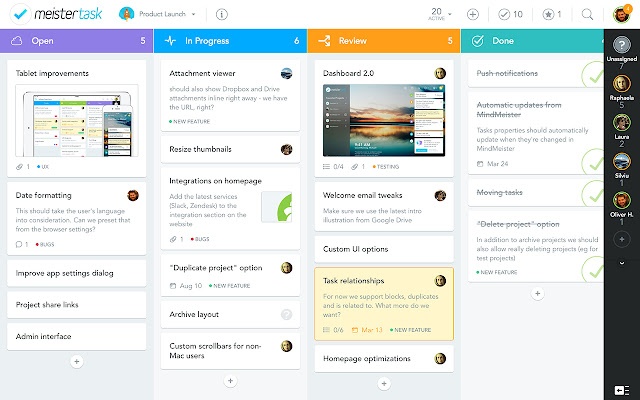
MeisterTask is a project management software for organizations of all kinds.
A project management tool is cloud-based software. The filing system, time monitoring, and monitoring are all important functions within the software.
MeisterTask has a dashboard that allows IT project managers to follow ongoing projects and activities. They may develop project plans and work with teammates using an interactive mind-mapping tool provided by the service.
The IT project managers may also communicate with their project team about work specifics, establishing deadlines, submitting files, and adding checklist items.
Job Outlook and Salary
According to our reports, an IT project manager makes an average wage of around $112,500, with the lowest 10% earning $57,225 and the highest 10% earning $173,474.
Some factors are affecting the annual salary of IT project managers. In general, the IT project management job is diverse and promising.
Factors that Affect Your Salary
As an IT project manager, your financial payment depends on several criteria. Consider these elements of the salary formula if you want to optimize your salary.
- Education
Better academic achievement can frequently result in higher remuneration, as it does in most sectors. A master’s degree will provide you with more opportunities and pay you more money than a bachelor’s degree.
- Certification
Obtaining a certificate will help companies recognize your abilities and expertise. This advantage can result in a better income in some cases.
We have mentioned some training certificates above. They can help you stand out among candidates.
- Experience
In general, the more experience you have as an IT project manager, the more cash you can anticipate receiving. Fortunately, it doesn’t take you so long to start paying off. The project manager’s salary will enhance quickly then.
- Company size
The scale of your company might also affect how much money you make annually. The typical yearly compensation for IT project managers rises with the size of the company and crew.
According to PMI, people working for a firm with less than 100 workers had an average of $111,000. Meanwhile, those working for a bigger company can earn around $120,000 per year.
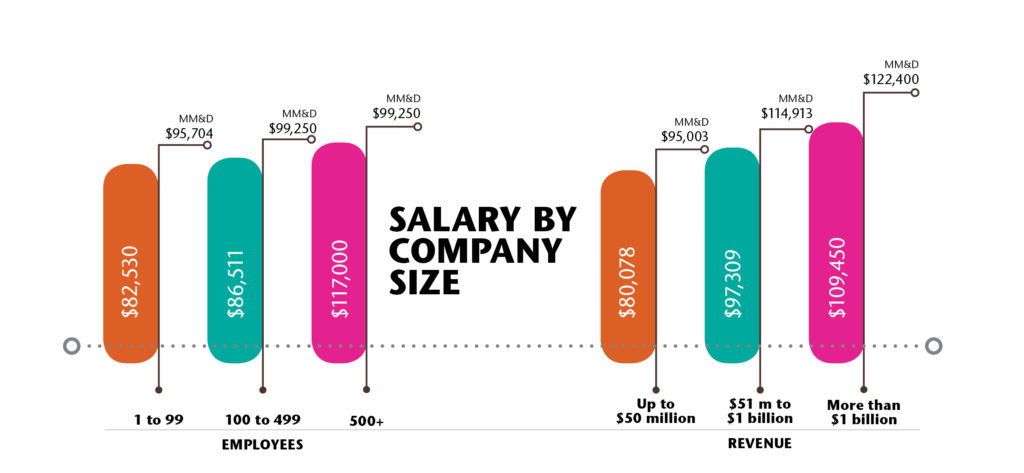
- Location
Where you reside influences how much you can make in various sectors, including IT project management.
According to research from an online recruitment site, IT project management positions in the San Francisco, New York, and Boston areas pay the most per year.
When considering where to stay, it’s also vital to take into account the cost of living.
Job Outlook
IT project managers have a great career ahead of them. According to a recent study of IT professionals, one out of four companies expects to recruit project managers in the future.
Along with juggernauts, such as mobile application development and cyber security, the field remains one of the most prominent in the country.
Companies worldwide are using professional, project-based approaches to meet IT objectives on schedule and within budget, driving IT project managers to the peak of the professional ladder.
According to the PMI, there was about 15 million new project management employment in the decade following 2025.
IT project management still expands and develops. If job stability and upward progression are vital, you may feel confident in choosing a project management professional.
Advantages and Disadvantages
Becoming an IT project manager offers you some benefits for sure. However, there are some challenges you will face when choosing an IT project management professional.
Advantages
The pros seem to outweigh the cons due to some interesting ideas.
- High salary
Project management isn’t always the simplest thing to do. However, you will undoubtedly earn a high salary for your efforts.
On average, one out of every six IT projects exceeds the budget by 200%. It is your responsibility to avoid this and save the firm money through management.
- Bright job prospective
If you start to learn about IT project management, you will have a bright future ahead of you. Project management is a wonderful profession to be in.
Make a point of studying it thoroughly and gaining as much knowledge and skills as possible.
Online courses are a convenient method to discover more about IT project management. They’ll help you enhance your skills and get you back on the right track in no time.
- High chance to become a CEO
It may be a fantastic chance, particularly if you want to launch your own business and don’t have sufficient resources.
You may utilize a project manager position to gather resources while also training yourself to be a CEO.
- Expand your knowledge
Project management may take you on a variety of exciting experiences.
The project will enable you to broaden your horizons and become more well-rounded.
However, there are a few abilities that an IT project manager needs to master first. Management, organizational abilities, and goal-orientedness are all examples.

Disadvantages
Aside from the apparent benefits, you will face some potential obstacles.
- Full responsibility for the project
You should be open to hearing unfavorable feedback and take full responsibility for the tasks you are in charge of. Although it may not be your responsibility when the project fails, you are the first one to receive the blame.
However, there isn’t much you can really do about it. Simply be ready for it, learn from the failures, and continue moving ahead.
- Pressure
You’re in charge of your team’s management and performance, as well as whether a project succeeds or fails. However, as stressful situations rise, performance will suffer.
It may entail missing deadlines or exceeding budget. As a result, you need to learn how to deal with the pressure.
- Problematic members
Some project team members may not appreciate your leadership. They may argue for their ideas and assume that others should disregard your advice.
Others may begin to question your qualifications and ruin the project as a result.
Handling others’ emotions is a skill that needs some practice to be perfect. That is why you should develop your teamwork skills.
Frequently Asked Questions
Here are some frequently asked questions about IT project managers. The answers will give some more necessary information.
1. Why do businesses need IT project managers?
IT project managers aid the development of agile projects by detecting and estimating risks, minimizing them, and therefore becoming in the best position to eliminate obstacles.
They are familiar with the technological infrastructure and how the project can fit in. Then, they allocate the appropriate human resources to the appropriate positions.
2. What degree do I need?
A bachelor’s degree in computer science or business is necessary, and years of expertise in a related field with growing seniority.
3. Traditional vs. Agile project management?
Agile techniques are different from traditional project management techniques by their emphasis on feedback and improvement. They also encourage flexibility and collaboration.
The Agile project management concepts enable a continually reviewed and revised action plan depending on outcomes, consumer input, and the recent findings rather than a fixed process.
The Bottom Line
Becoming an IT project manager is not an easy path. You need to acquire enough knowledge, skills, and experience.
This job brings you many benefits while giving you challenges to overcome. Your project management skills are the ones that help you tackle all the problems.
